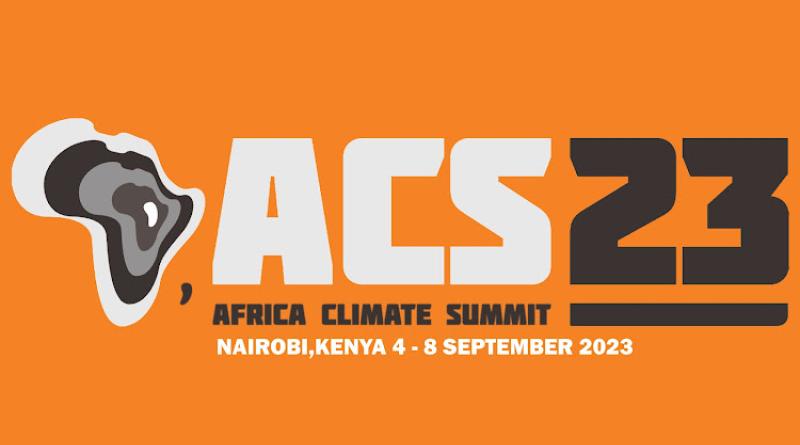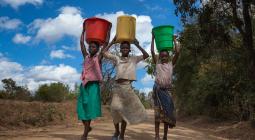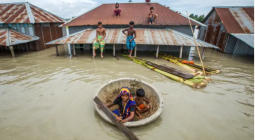ELMAWI: We owe Africans an authentic climate summit

In Summary:
- Our leaders must avoid the fossil fuel trap and avoid falling into the fallacious debate of "'to development vs leaving fossil fuels in the ground' debate.
- The end of the fossil era is inevitable, why persist and lead us towards the abyss?
As the Africa Climate Summit gets underway in less than two weeks' time in Nairobi, with the aim of "turning the tide on climate change, not only in Africa but also globally", more than 400 civil society organisations have warned on the anti-climate orientation the agenda has taken.
In our letter to President William Ruto, we denounce the way in which the common good of Africa and the African people has been sidelined in favour of the interests of Global North governments, consultancies and foundations.
Rather than focusing the agenda on the root cause of climate change – namely the continued production of oil, coal and gas on the African continent and globally – the Africa Climate Summit is being used as a validation forum for false solutions such as carbon markets, carbon sequestration and other 'climate positive' approaches.
These are 'climate destructive' approaches whose sole purpose is to enable the fossil fuel industry to continue reaping dizzying profits at the expense of the health, rights, development and preservation of the biodiversity of the African people.
This hijack of the summit is further proof that colonisation is still going on. It has taken on a new face, but it continues to operate in order to maintain the system underpinning the current global financial system, from which the countries of the North benefit enormously, while fuelling the climate crisis and inequality in Africa.
The disappointment is immense given that President Ruto claims climate leadership and asserts his intention to fight climate change effectively by implementing a just transition away from fossil fuel production, which is at the very root of the many crises that Africa has been hit hard by.
And our concerns are extremely serious since expanding oil, coal and gas production will do nothing to help the 600 million Africans who have no access to electricity. Nor will it enable the continent to implement its development agenda aimed at widening access to employment, health, human rights and protecting its biodiversity.
Our leaders must avoid the fossil fuel trap and avoid falling into the fallacious debate of "'to development vs leaving fossil fuels in the ground' debate.
The end of the fossil era is inevitable, why persist and lead us towards the abyss?
The macroeconomic context indeed foresees a global decline in fossil fuel demand in the world, so the risk we run is enormous if our leaders continue to rely on revenues from oil, gas and coal. Our coveted reserves are destined to become stranded assets, generating consequent revenue losses, in addition to the devastating impacts of climate change.
The only safe and equitable option for the African continent to ensure sustainable and fair development by Africans and for Africans is economic diversification and the fair use of the immense renewable energy potential of our continent, as President Ruto himself has recognised.
The challenge is immense and, of course, no country can face it alone. We are aware cooperation with Global North countries will be needed to tackle the interlinked challenges of climate, energy and development. But we refuse to let their interests keep undermining the African efforts and potential for sustainable and clean development.
It is time for our leaders to say a firm No to Global North economic pathways based on exploitation and the continued plundering of our continent.
President Ruto, as chairperson of the Committee of African Heads of State and Government on Climate Change, must seize the opportunity presented by the Africa climate summit to build transparent and meaningful dialogue between African citizens and policymakers, but also to demand real international cooperation fostering the continent's just transition.
One proposal they should be paying close attention to is the Fossil Fuel Non-Proliferation Treaty, a bold initiative already supported by a bloc of six Pacific countries, and that could be the missing tool that Africa needs to build a renewed energy system based on sustainable, affordable and reliable energy for all, a fundamental first step to guarantee African people access to all human rights.
Together, let us rise as a beacon of self-determination, forging a path forward that truly reflects the essence of African independence.





